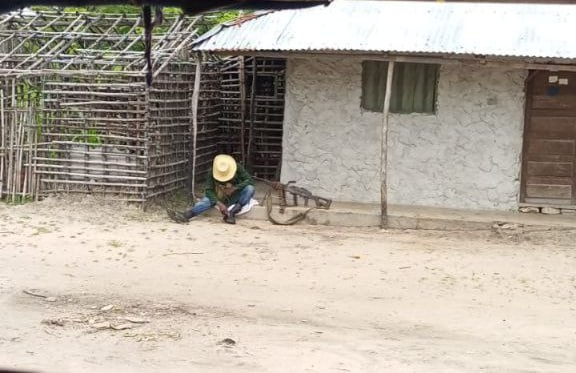Good morning, and welcome to Zitamar's look back at last week. As well as our usual highlights from the Zitamar Daily Briefing last week, we have a new podcast episode for you, as well as eyewitness accounts of what it was like to live through the insurgent occupation of Quirimba island last week, which has just been published:
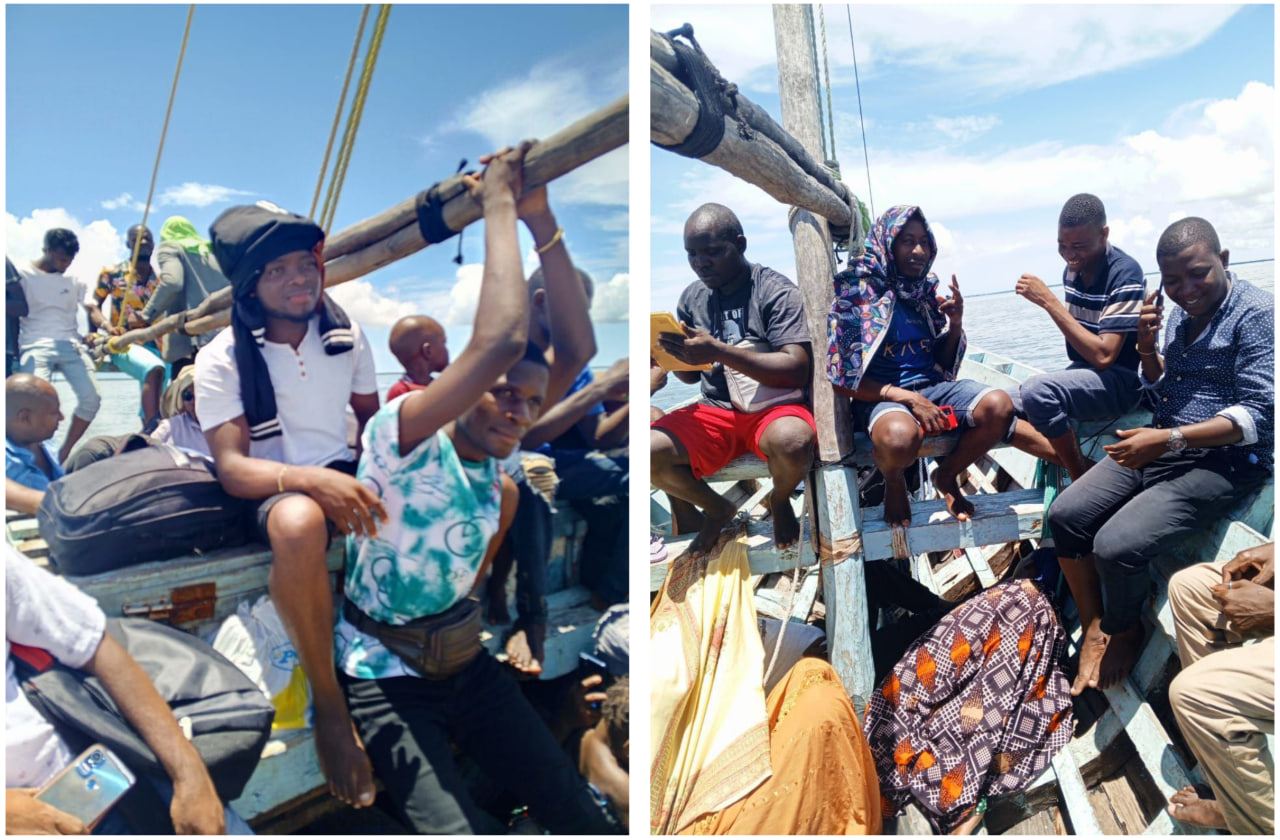
Last week, Islamic State-backed insurgents waded onto the shore of the island of Quirimba, Cabo Delgado, killing and looting for four days. We bring testimonies from those in hiding, describing the scenes they witnessed under insurgent occupation
The insurgency continued to uproot communities last week, with the total nearing 100,000 people in the last month according to the International Organisation for Migration. Charities and humanitarian organisations have been sounding the alarm bells over the conditions faced by displaced people: lack of access to clean water and sanitation are exacerbating outbreaks of cholera, and psychological trauma and disruptions to education are widespread.
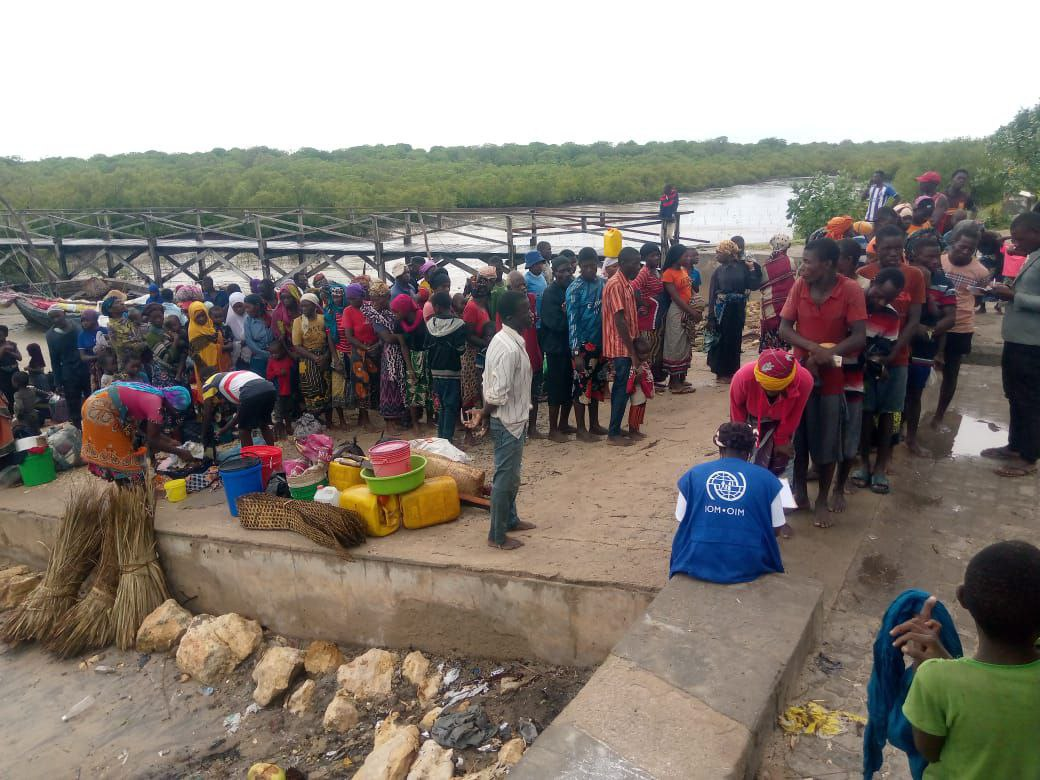
Just as concerning were remarks by President Filipe Nyusi, who said that the insurgents are deliberately targeting attacks in order to kidnap children. Indeed, 72 children were reported missing after thousands of people fled Chiúre district to Nampula province, and nine children were reported kidnapped in Metuge district, Cabo Delgado province, with Zitamar News being told that the children could be used as human shields, military purposes, or for religious indoctrination.
In an attempt to navigate the complex religious aspect of the insurgency, President Nyusi visited Algeria last weekend, an almost entirely Muslim country, and met with President Abdelmadjid Tebboune to make various agreements between the two countries. Nyusi’s visit seems to have been an attempt to improve relations with Islamic countries and persuade other more fundamentalist ones to suppress religious leaders who provide spiritual and educational support to the insurgency, though succeeding in this task seems unlikely.
Meanwhile, Nyusi’s political party Frelimo has already begun its efforts to fix October’s general election by manipulating voter registration, which started this week. The National Elections Committee has focused its efforts to register voters in areas where Frelimo support is strongest, such as Maputo and Gaza provinces. In an attempt to maintain the illusion of propriety, the Technical Secretariat for Election Administration has dismissed a couple of local staff for engaging in electoral fraud, though the Administration’s leadership has gone unchanged.
It remains an open question on whose behalf, exactly, Frelimo is 'preparing' for victory. As we reported on Friday, the party's Central Committee is going to wait as long as it possibly can before picking the person who is almost certain to be Mozambique's next president.
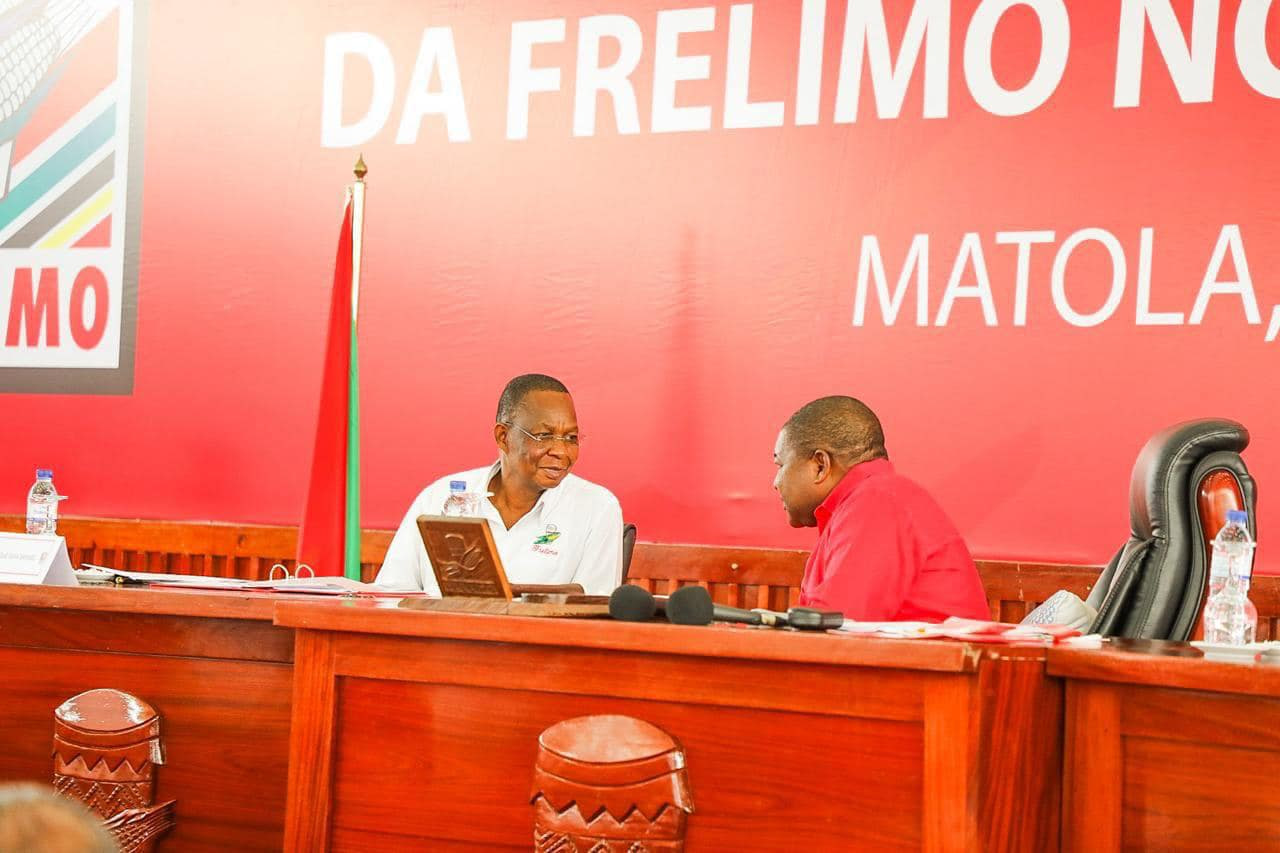
Once again, this was a topic for discussion in the Zitamar Podcast, along with developments at Mozambique's LNG projects in Cabo Delgado, and the insurgency in the same province. You can listen here via Spotify:
Our show is available now in most if not all podcast apps – and subscribers (for free) will have received it as soon as it went live on Friday night. Click below to find the podcast on whichever app you use, and sign up to ensure you don't miss an episode.

Have a great week ahead.
Week in Review
Monday
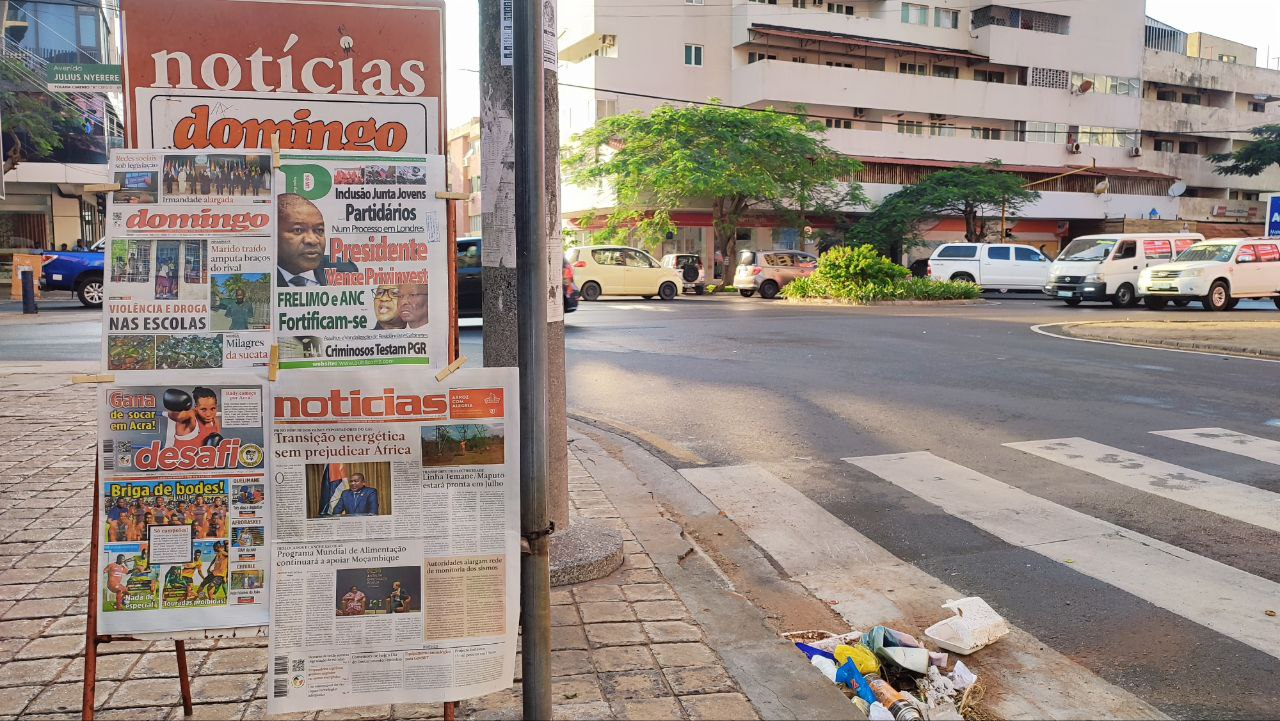
At least four Mozambicans were killed in attacks in Ibo and Ancuabe districts over the weekend, while insurgents entered the residential quarters of Quissanga town — one of the province’s district capitals — seemingly unopposed. Pictures and video taken by residents show heavily armed fighters pacing leisurely along Quissanga’s streets, the security forces nowhere to be found.
Tuesday
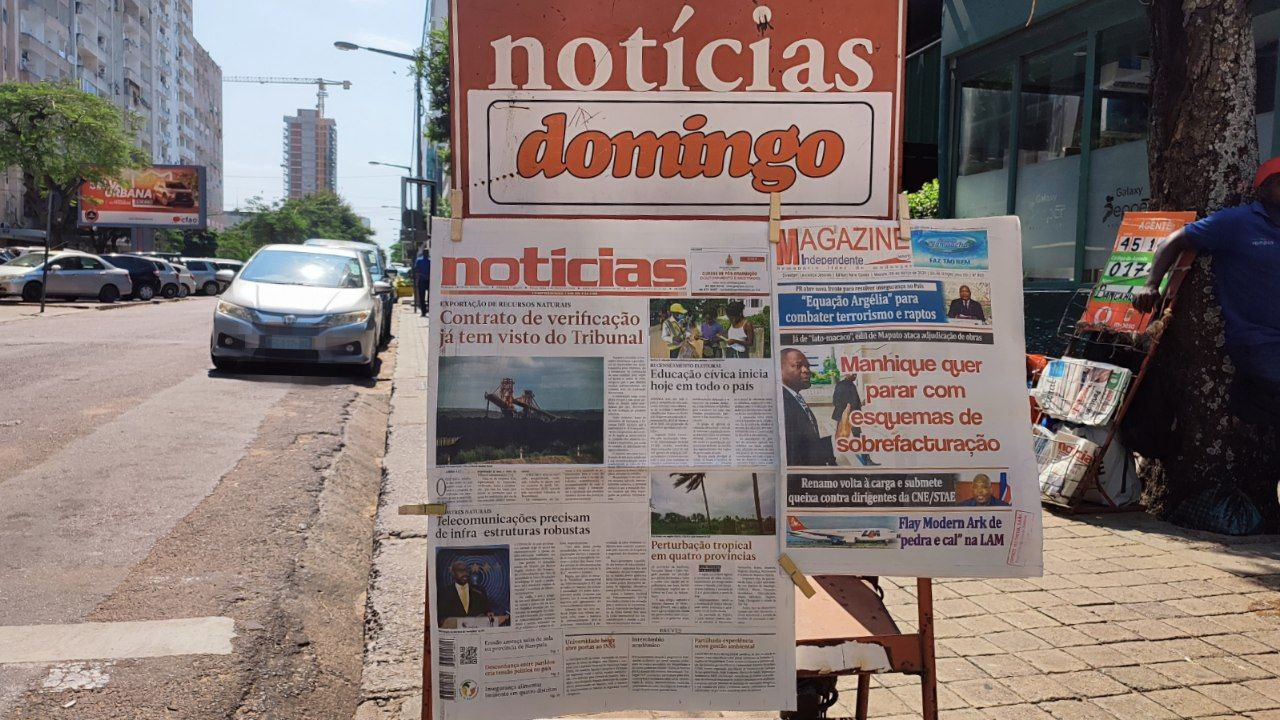
President Filipe Nyusi’s visit to Algeria last week is just the latest in a string of diplomatic initiatives with Islamic countries in the Middle East and North Africa, and comes after a visit to Saudi Arabia last year. We understand that Nyusi’s motive is to improve the government’s understanding of the religious aspect to the insurgency in Cabo Delgado province. There do not seem to be any plans, however, to use this insight as part of some “hearts and minds” campaign to win over disaffected Muslims in Cabo Delgado.
Wednesday
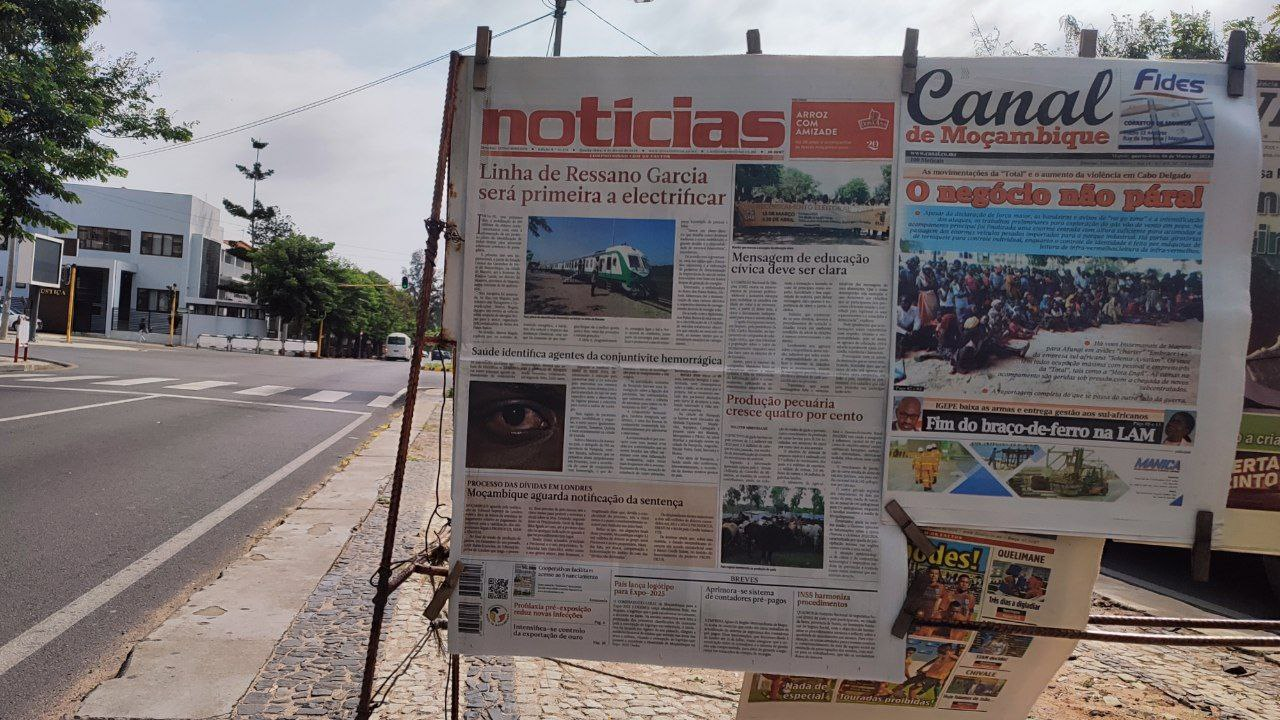
The number of people in Cabo Delgado province who have been forced to leave their homes as a result of insurgent violence in the last month alone has reached almost 100,000, as the International Organisation for Migration (IOM) reports. It is an alarming statistic: we have not seen numbers of displaced people on this scale since 2021, when the Mozambican government was trying, and failing, to contain the insurgency on its own.
Thursday
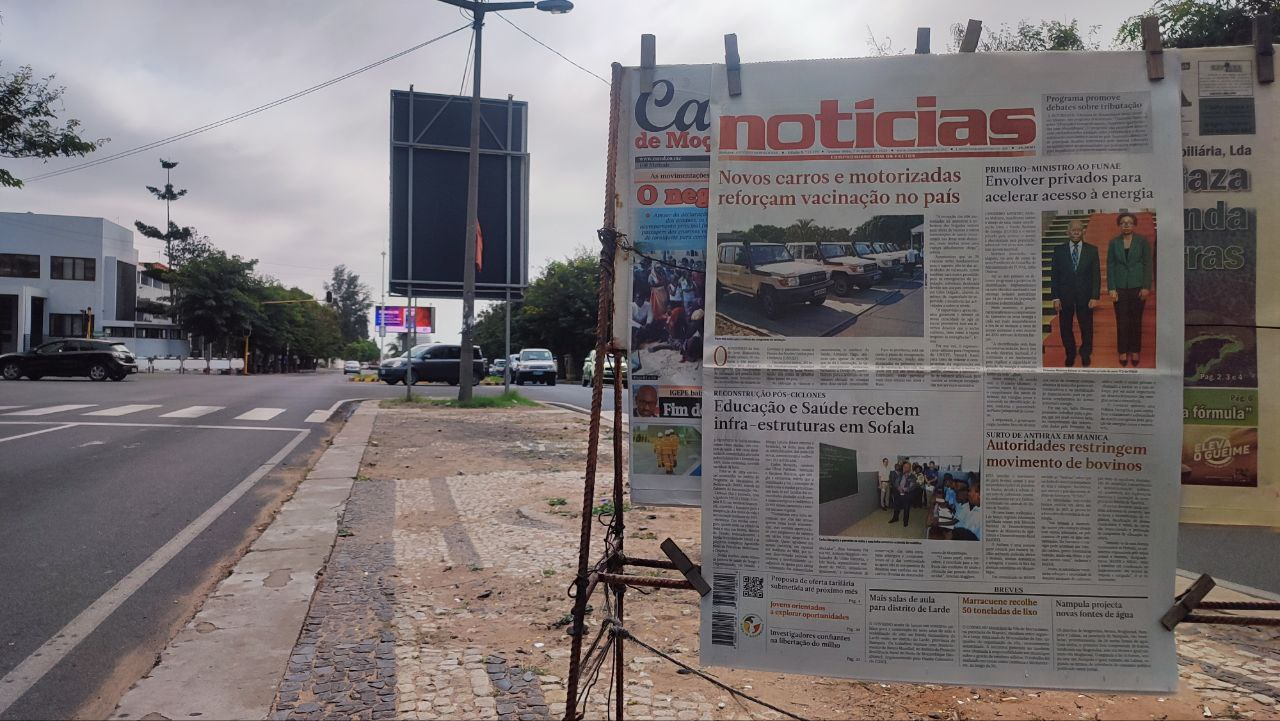
It has long been noted that it is easier to get registered to vote if you are a Frelimo supporter than a supporter of an opposition party. Now, the NGO the Centre for Public Integrity finds that the National Elections Commission (CNE) has designed the latest voter registration process around a pro-Frelimo approach, appointing more registration staff in areas where Frelimo is known to be popular, like Maputo and Gaza provinces, than than in areas where the opposition is strong.
Friday
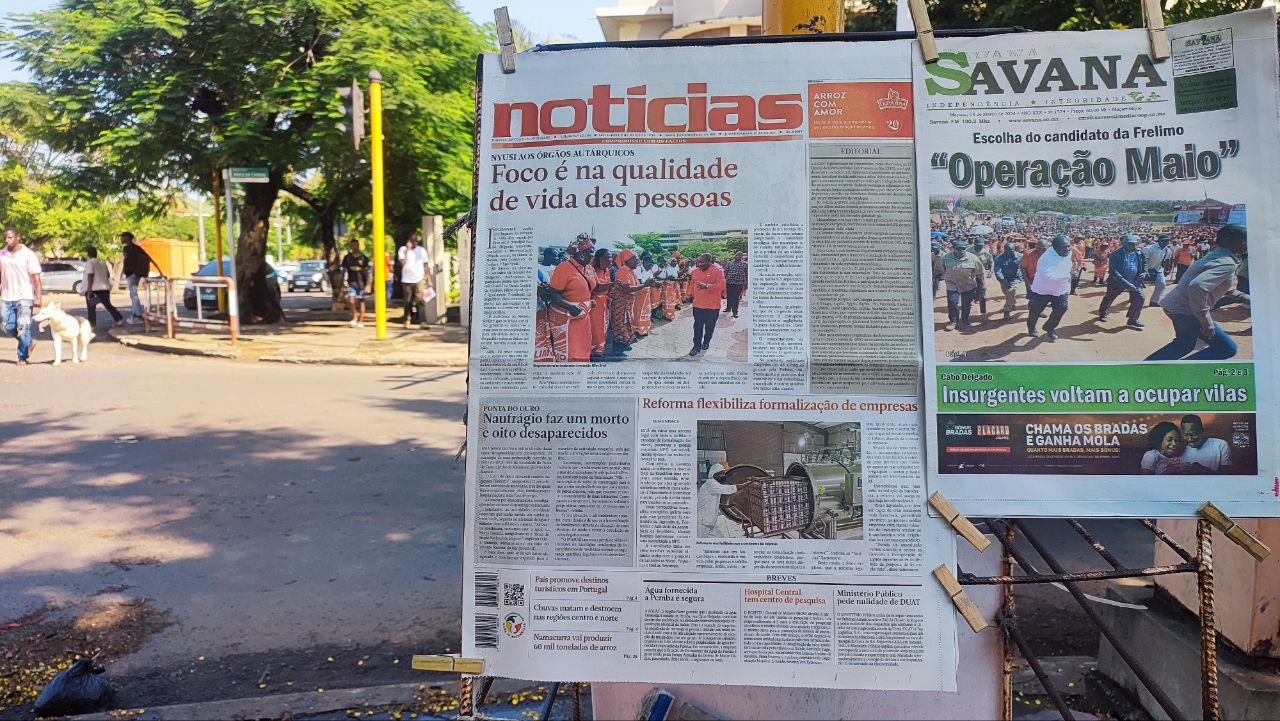
Frelimo to finally choose their presidential candidate in May, having previously looked like it was going to decide in March and then April. That leader is all but guaranteed to be Mozambique’s next president after the elections in October. Aside from administrative problems, our understanding is that the delay has been caused by the difficulty which President Filipe Nyusi has had in building a consensus around a preferred candidate of his choice. At present, his preferred successor remains agriculture minister Celso Correia, but Nyusi faces violent hostility within his own party.
And in case you missed it, the rest of Zitamar's news this week:
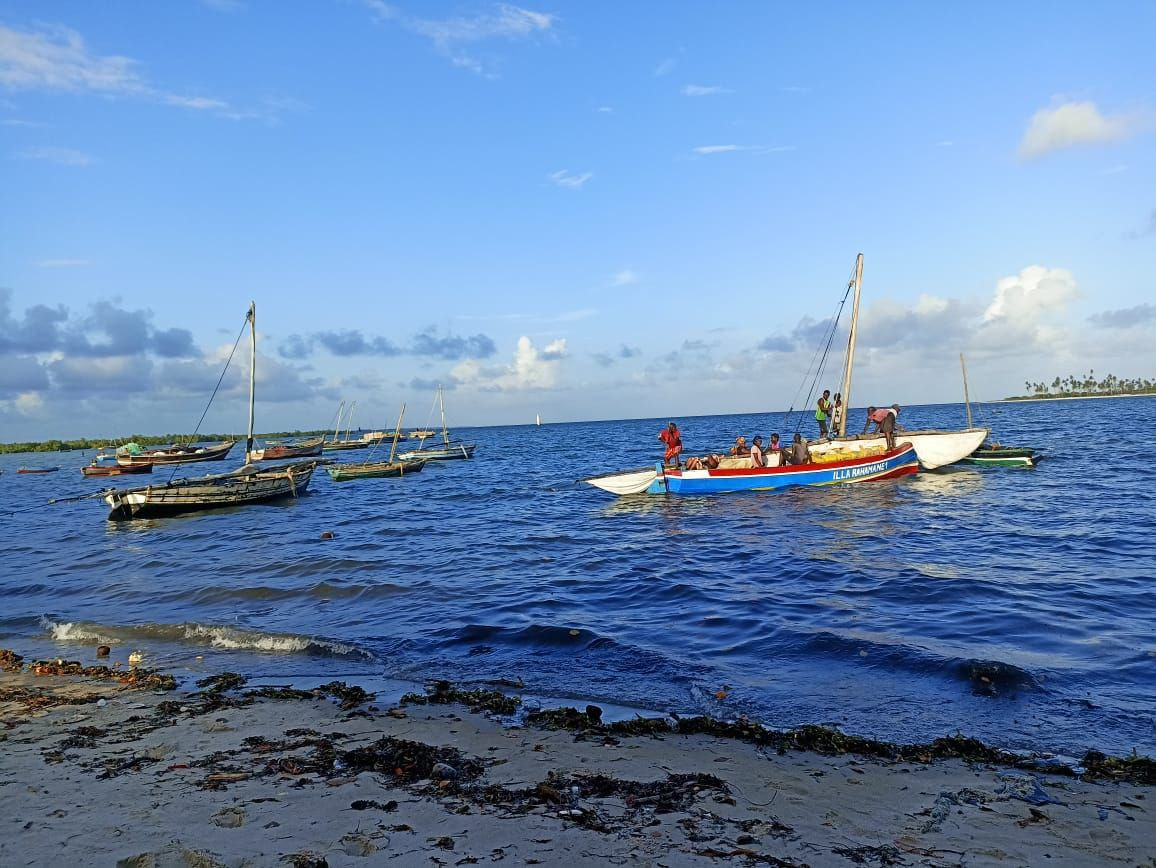
.png?format=1500w)

